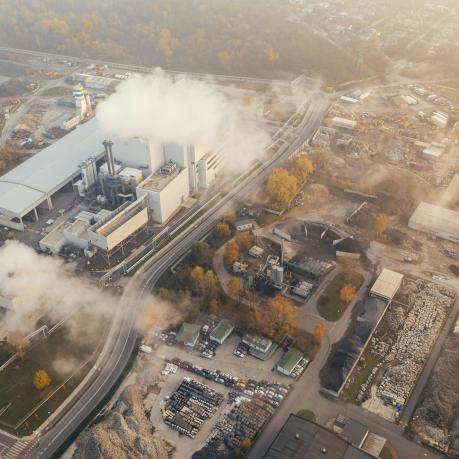Administrative title
Roadmap für eine Wärmewende im Gebäudesektor.
Authors (text)
Schneller, Andreas
2019 | In: Kahlenborn, Walter; Jens Clausen, Siegfried Behrendt und Edgar Göll (Hg.): Auf dem Weg zu einer Green Economy. Wie die sozialökologische Transformation gelingen kann. Bielefeld: transcript, 186-206

